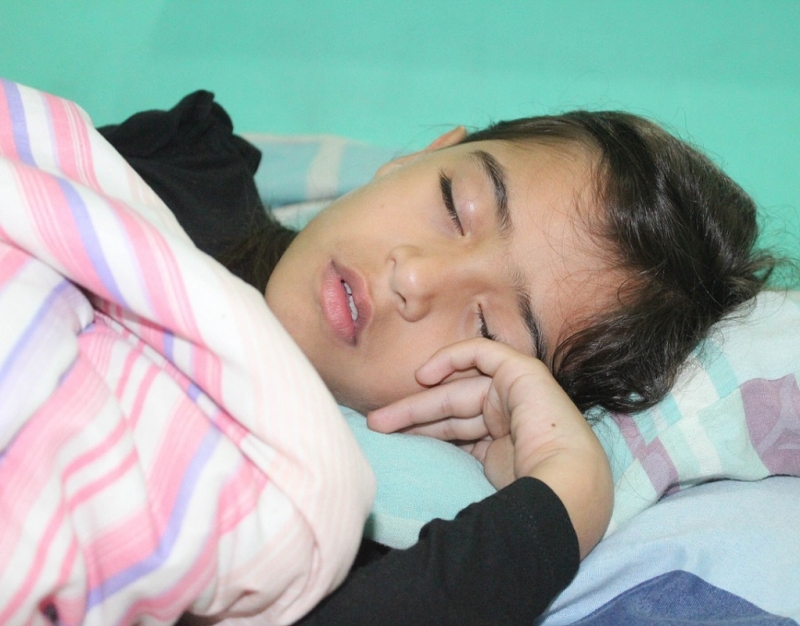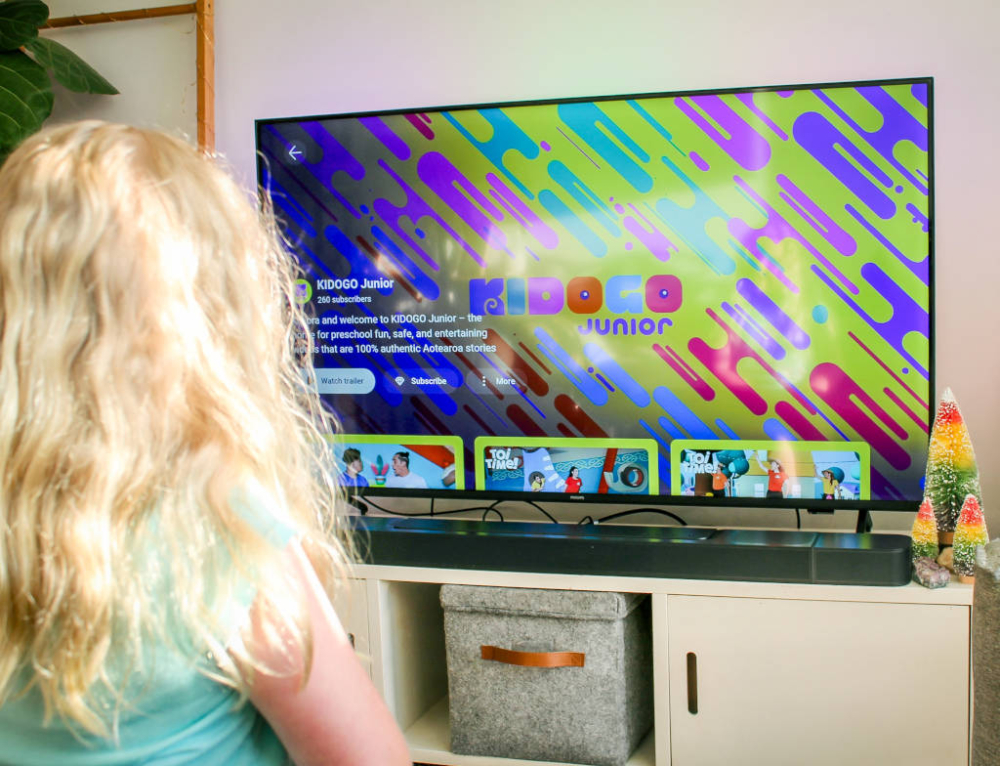If your child suddenly starts wetting the bed again after being dry for at least six consecutive months, then they may have secondary nocturnal enuresis.
There are a number of reasons why your child might start wetting the bed again, but most can be categorised as either emotional or physiological. To determine why your child has started wetting the bed again, you should try:
- Talking to your child about what has been going on and what may have changed around the time the bedwetting began. You might like to write down a list of possibilities, which you can then discuss further with your child or talk to your GP about.
- Keeping an eye on any other stress signs such as irritability and headaches or out-of-character behaviour like tantrums or social withdrawal.
- Take your child to the doctor as soon as possible to rule out any possible medical problems.
Possible reasons for secondary enuresis
While emotional stress can be a common trigger for secondary enuresis, it could also come down to a physiological reason, including:
- Urinary tract infection (UTI): If you notice your child needing to urinate often or urgently they may have a UTI. This can be identified easily with a urine test and treated with antibiotics.
- Diabetes: This is another thing your doctor can test for as frequent urination can be a symptom of type 1 diabetes.
- Neurological abnormalities: Even a slight imbalance in the nervous system can cause secondary enuresis.
- Constipation: Blockages in the rectum can put pressure on the bladder and reduce its capacity to store urine overnight.
- Obstructive Sleep Apnea: OSA causes breathing to repeatedly stop and start during sleep, and can result in increased nighttime urine production. A noticeable sign of OSA is snoring.
What you can do
Your treatment will depend on the reason behind the bedwetting. You may be able to treat some medical conditions easily with antibiotics or pills, while other medical conditions may require more work.
Emotional triggers can be a little trickier and may require the help of a counsellor. Some may resolve themselves with a little time and patience, but it’s important to help ease your child’s anxiety and you should always consult your child’s GP for guidance.
This article was written for Huggies DryNites. For more information visit www.drynites.co.nz







Leave A Comment
You must be logged in to post a comment.